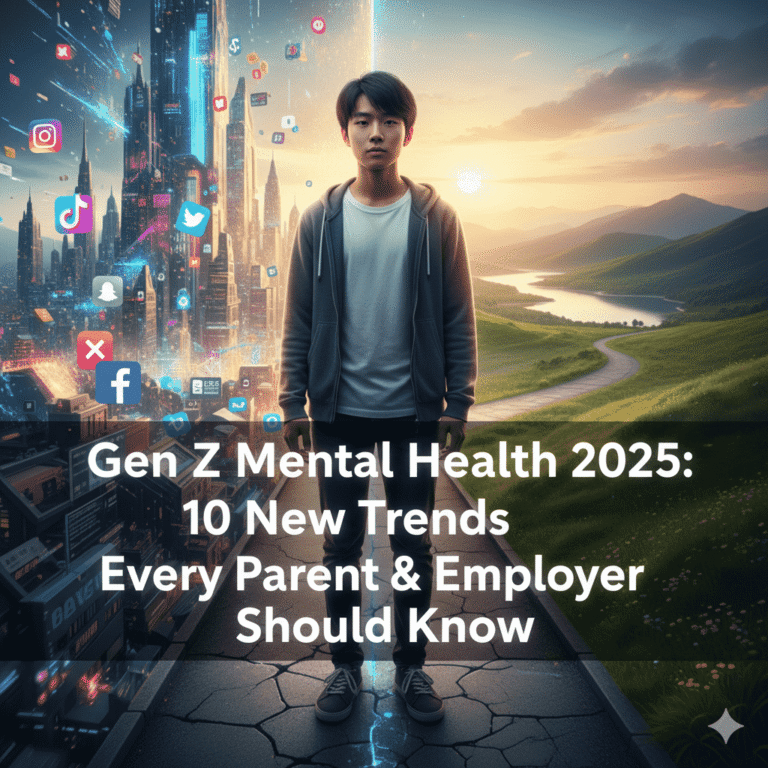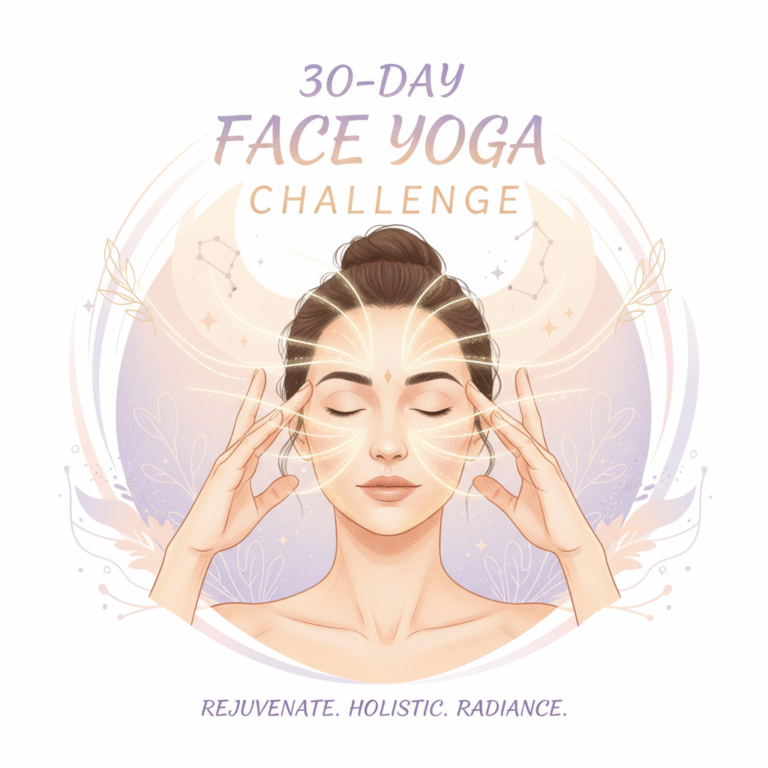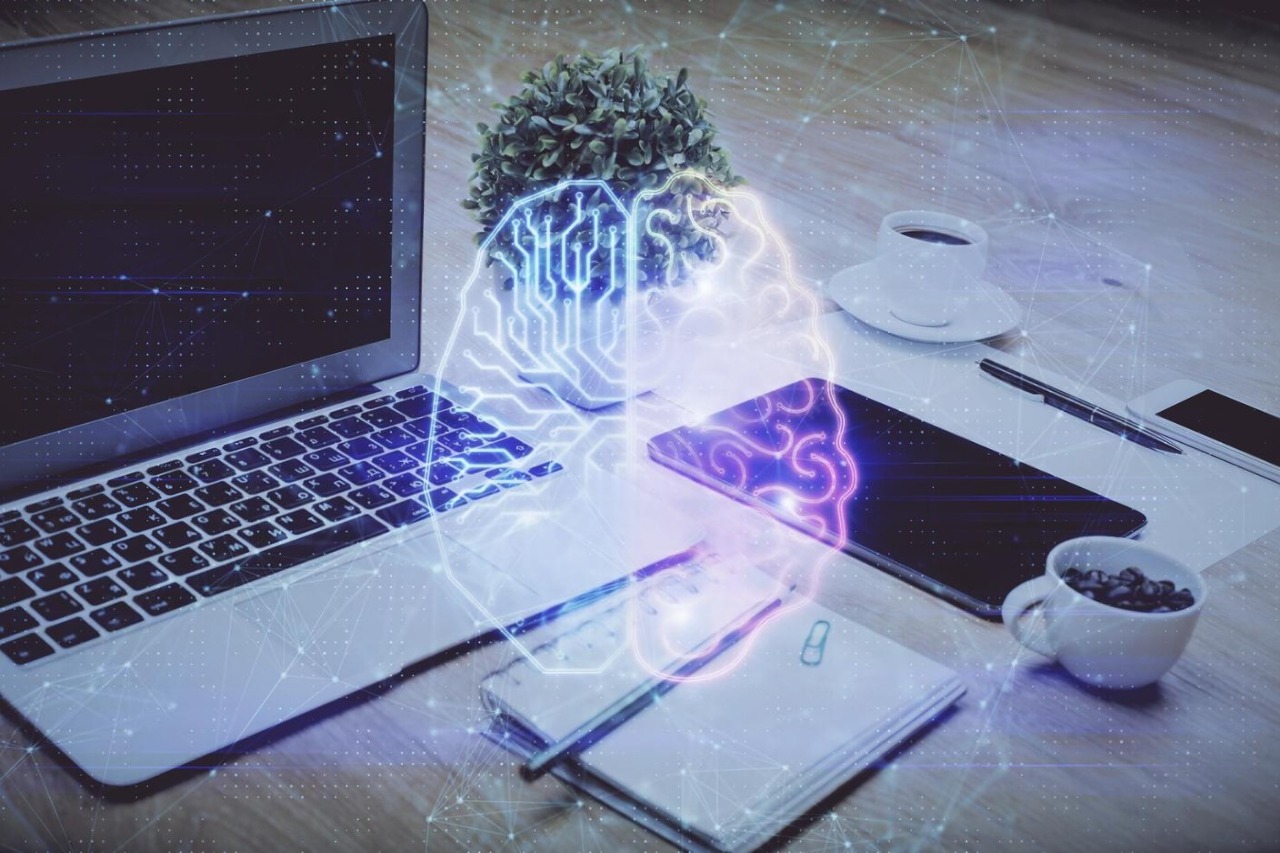
Mental health care has always been built on trust, empathy, and human connection. For decades, people have turned to therapists, counselors, and psychologists to find guidance in moments of stress, depression, and anxiety. But in recent years, the rapid development of artificial intelligence in mental health has raised a bold question: Can technology ever replace human therapists?
From AI mental health apps that simulate real conversations to online therapy chatbots offering daily emotional support, AI is beginning to play a major role in global mental health care. While the benefits are undeniable, the debate of AI vs human therapists is far from simple.
The Rise of AI in Mental Health
The last decade has seen an explosion of digital therapy platforms and AI-powered counseling apps. Tools like Woebot, Wysa, and Replika have made AI therapy accessible to millions. These apps use natural language processing and machine learning to simulate conversations, provide coping strategies, and track user progress.
For people who feel uncomfortable seeking traditional therapy or cannot afford high fees, these platforms offer a lifeline. In fact, the future of therapy with AI looks promising as technology continues to evolve. Yet, many mental health professionals caution against over-reliance on machines, reminding us that therapy is more than conversation—it is human connection.
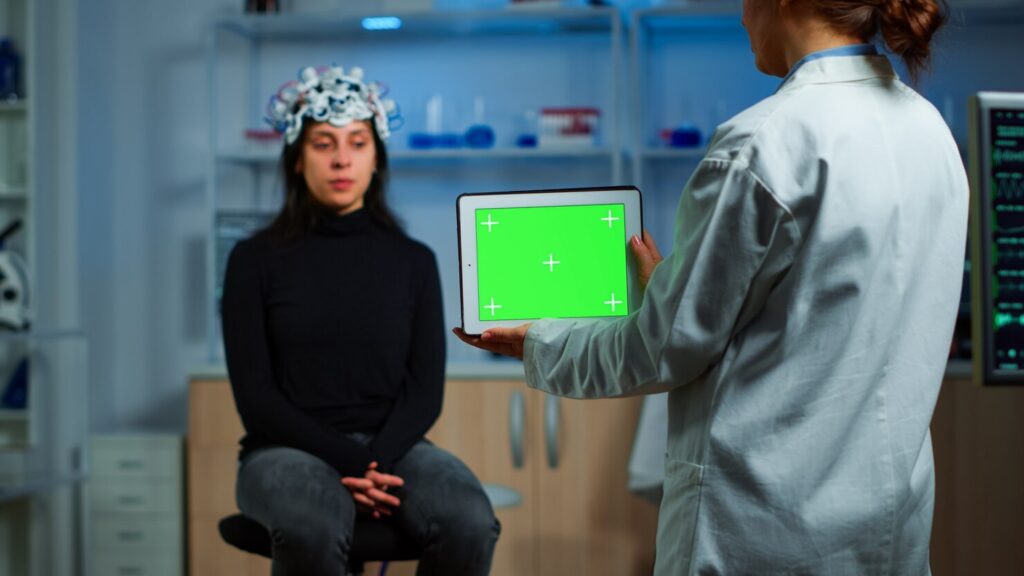
AI vs Human Therapists: A Comparison
Here is a simple comparison of how AI therapy and traditional therapy differ:
| Feature | AI Therapy | Human Therapists |
|---|---|---|
| Availability | 24/7 support | Limited hours |
| Cost | Low / Free apps | Expensive sessions |
| Empathy & Human Touch | ❌ Missing | ✅ Present |
| Personalization | Limited, data-driven | Deeply personal |
| Crisis Handling | Weak | Strong |
| Scalability | Millions of users at once | One-to-one only |
Benefits of AI in Mental Health
Despite its limitations, the rise of AI counseling offers many advantages. Here are a few key benefits driving global adoption:
- Accessibility – Anyone with a smartphone can access mental health support.
- Affordability – AI-driven apps are often free or much cheaper than traditional therapy.
- Anonymity – Users feel safer sharing their thoughts with a machine without fear of judgment.
- Scalability – Millions of people can receive support simultaneously.
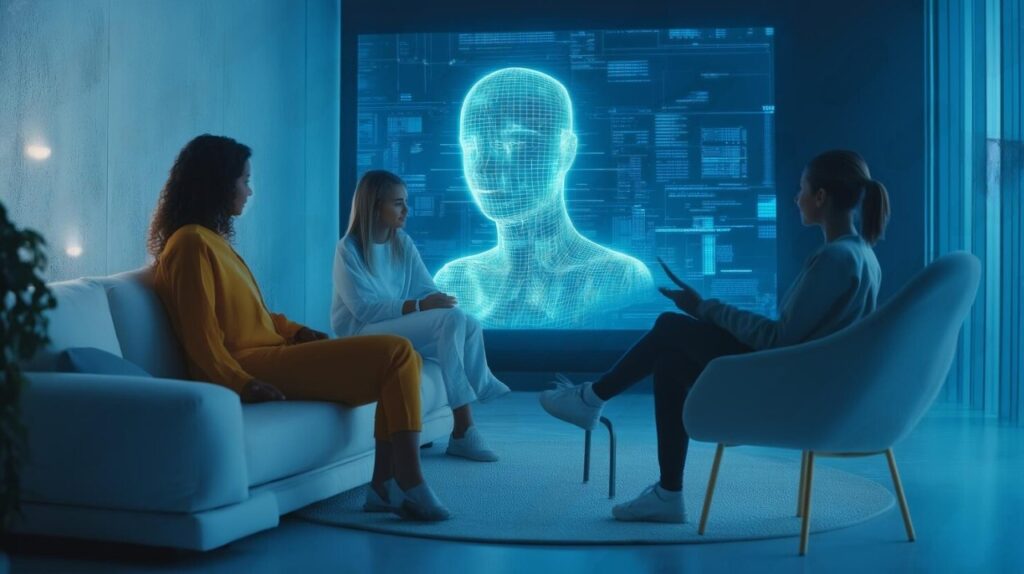
Limitations of AI Therapy
The limitations of AI therapy must be acknowledged. While AI can mimic empathy through language, it cannot truly feel or understand emotions. It struggles with complex cases such as trauma, suicidal thoughts, or severe mental illness.
Ethical concerns also surround AI in mental health, including data privacy, algorithmic bias, and accountability when technology makes mistakes. These risks highlight why AI should be seen as a supportive tool, not a replacement.
The Human Touch in Therapy
Human therapists bring qualities that no machine can replicate: compassion, cultural understanding, and emotional intelligence. A therapist can notice subtle signs such as changes in body language or tone, which AI systems fail to interpret.
The human touch vs AI in therapy debate proves one thing clearly—empathy cannot be automated. While AI can provide daily support, the healing power of human connection remains irreplaceable.
Future of Mental Health Technology
Looking forward, mental health technology 2025 and beyond will likely embrace a hybrid model. AI will handle routine tasks such as mood tracking and self-help exercises, while human therapists will focus on deep emotional healing.
With stronger regulations, advanced chatbots, and better integration with wearables, the future promises a balance between AI therapy and professional care. Instead of replacing therapists, AI will act as a bridge, making mental health care more accessible worldwide.
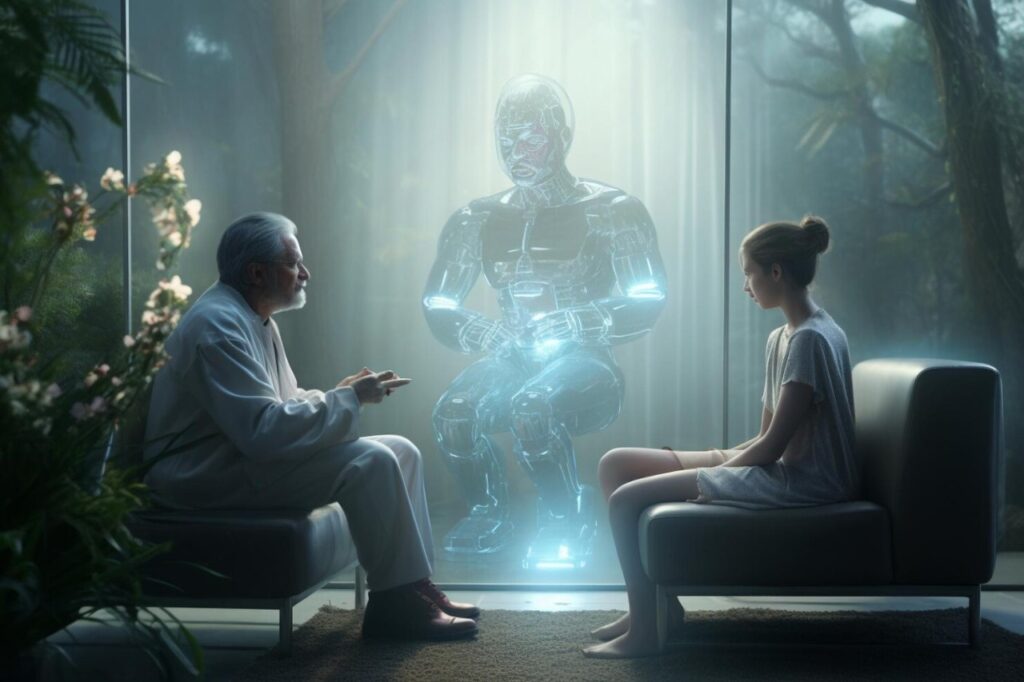
Conclusion
So, can AI replace therapists? The answer is no—at least not completely. AI provides affordability, scalability, and accessibility, but it cannot match the emotional depth of human therapists.
The future lies in collaboration: AI mental health apps for early intervention and support, and human therapists for deep, compassionate healing. This balance ensures mental health care is both universal and humane.
Can AI replace human therapists?
While AI therapy apps can provide support, quick responses, and scalability, they cannot fully replace human therapists because empathy, emotional intelligence, and deep understanding remain uniquely human traits.
What are the benefits of AI in therapy?
AI therapy offers 24/7 availability, affordability, privacy, and access for people in remote areas. It also helps reduce stigma around seeking mental health support.
What are the limitations of AI mental health apps?
Limitations include lack of genuine empathy, ethical concerns, possible data privacy issues, and inability to handle severe mental health crises effectively.
Is AI therapy safe and effective?
AI counseling apps are generally safe for basic emotional support and stress management. However, for serious conditions like severe depression, trauma, or suicidal thoughts, professional human intervention is essential.
What is the future of AI in mental health care?
The future will likely include hybrid models, where AI mental health apps handle routine support, while human therapists focus on complex cases, creating a balanced and accessible mental health ecosystem.

